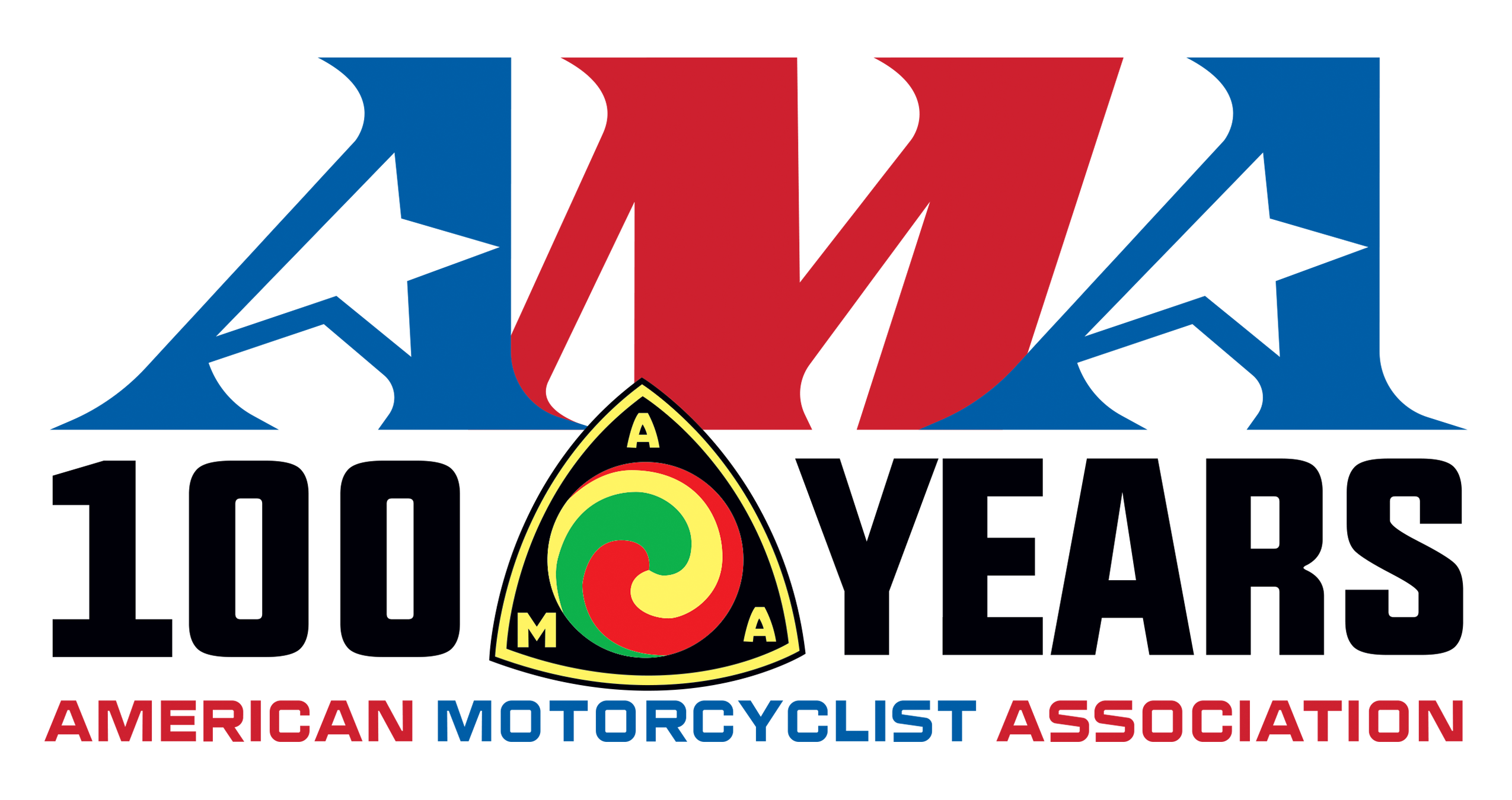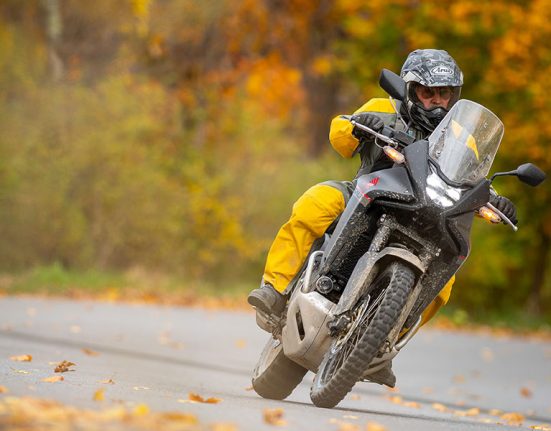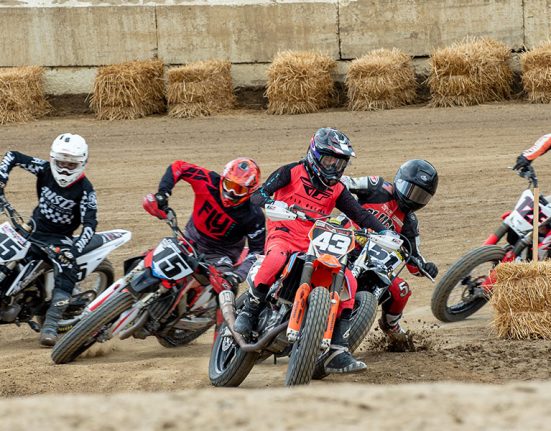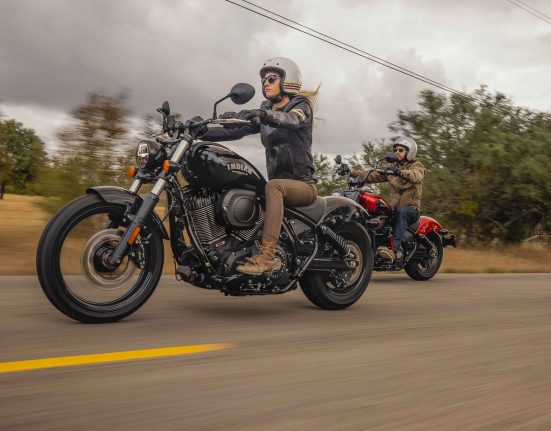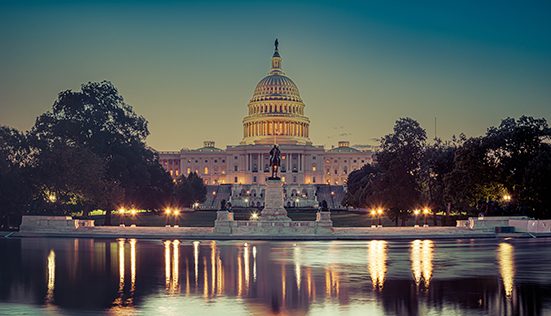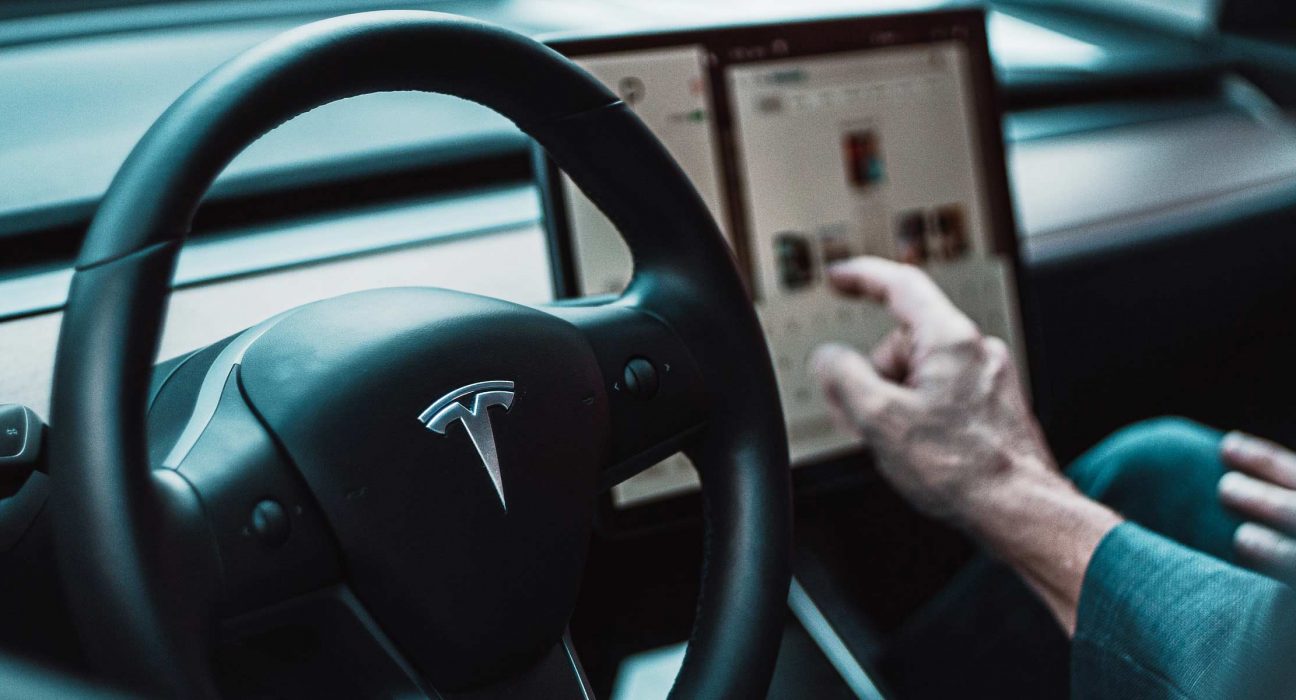August 9, 2022
By Kali Kotoski
The National Highway Traffic Safety Administration (NHTSA) on July 26 opened a special investigation into a crash in which a Tesla with its Autopilot system engaged hit and killed a motorcyclist in Utah.
The crash happened when the Tesla collided with the back of the motorcycle as it traveled in a high occupancy lane on I-15 near Draper, Utah, at 1:09 a.m. The 34-year-old motorcyclist was thrown from his Harley-Davidson, suffered fatal injuries, and was pronounced dead on the scene.
The driver of the Tesla, who remained on the scene, told police the vehicle’s Autopilot system — the company’s driver assistance system that has come under increased scrutiny among safety concerns — was engaged at the time of the collision.
Since 2016, NHTSA has opened 38 special investigations of crashes involving Tesla vehicles using Autopilot. Including the fatal Utah crash, 19 crash deaths have been reported in those Tesla-related investigations.
“The driver advised he had the Autopilot setting on, and [he] did not see the motorcyclist,” the Utah Department of Public Safety said.
The latest crash follows a fatal Tesla incident on July 7, when a 2021 Tesla Model Y killed a 48-year-old motorcyclist on the Riverside Freeway in California. A special investigation by NHSTA was also opened in that crash.
In June, NHTSA upgraded its defect investigation into 830,000 Tesla vehicles with Autopilot, a required step if the agency is going to seek a recall.
More recently, the California Department of Motor Vehicles on July 28, accused Tesla of deceptive marketing practices concerning the company’s driver assistance systems, a move that in a worst-case scenario could temporarily suspend Tesla’s ability to sell or market vehicles in California.
The accusation, filed with California’s Office of Administrative Hearings, claims that Tesla’s marketing language around Autopilot and Full Self-Driving systems grossly overestimates the limitations of the technology to the public’s detriment.
The DMV is requesting that Tesla would be required to better educate consumers and include cautionary warnings regarding the limitations to a vehicle’s features.
For $12,000 up-front, or on a subscription basis for $199 per month, a program called FSD Beta (or Full Self Driving Beta) allows drivers to test unfinished driver-assistance features on public roads in the U.S. The company said it has more than 100,000 drivers participating with the FDS Beta program.
Tesla has fifteen days to respond to the DMV’s accusations before the administrative court. Otherwise, the DMV will take a default decision that could revoke the company’s ability to operate in California.
